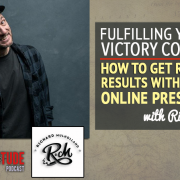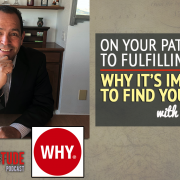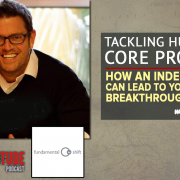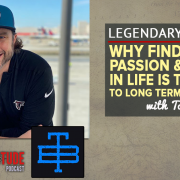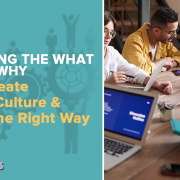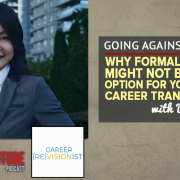Rich Mulholland – Fulfilling Your Victory Condition: How to Get Real Results with Your Next Online Presentation (AoL 196)
For a good majority of the population, an online presentation can be a drag. Reason why is that most people are simply new to doing online business. They simply haven’t heard all the tips and tactics which have been discussed in the digital marketing space for the last 10+ years.
As of 2020, though, the game has changed. And just like how Facebook was once a place for college students to get together and discuss school and their favorite professors, things have changed for Zoom as well. What was once a platform utilized mainly by podcasters and tech savvy businesses, everyone and their brother is using the platform.
However, that doesn’t mean that they’re doing a great job doing so. In fact, poor presentation skills is nothing new. It’s just now being done in a widely used online setting.
So in this conversation with our guest, Rich Mulholland, we find out how he’s not only been able to help people get better at presentations themselves, but why so many business owners fail to take their business to the next level.
It was very interesting and unexpected to Andy and I how these very different topics actually are related.
Enjoy!
SPECIFICALLY, YOU’LL FIND OUT MORE ABOUT:
- How did Rich realize the stage is a strong way to “activate the audience”? 11:58
- How he realized he wanted to make the jump into the performance business? 15:00
- What’s the difference between a regular job and a job you’ve started? 18:06
- Why do entrepreneurs fail to take their business to the next level? 20:23
- What advice does Rich have for the reluctant presenter who’s trying to captivate a zoom audience with an online presentation? 24:04
- What kinds of things should presenters stay away from when presenting? 26:20
- How does Rich feel digital platforms are changing the dynamic of being an actual speaker? 29:55
- How do we find those moments to be attention grabbing and what ways can we win back the attention of the audience? 32:33
- In what ways does Rich coach his clients to be in sync with the audience and anticipate what’s going to be important to them? 36:50
- What are some of the steps presenters can take to make sure they’ve being proactive about staying relevant with today’s tech? 39:22
- Are there any specific grand plans Rich will be using to thrive in 2021? 42:23
- If he could add one book, one song, and one film to the primary curriculum of the world, what would they be? 45:58
- What’s something Rich has learned recently that he’s excited to implement? 48:51
- If he could spend a day doing a job or running a business he currently isn’t, what would that be? 51:09
- What’s one thing under $100 that’s changed his life for the better? 52:10
- How does someone realize they’re living their personal mission? 53:55
ITEMS and PEOPLE MENTIONED IN THIS EPISODE:
Rich Online: Website, Facebook, LinkedIn, Twitter, Instagram, YouTube
Cohost: Andy Dix
Powered By: Groove Digital
Delusion of Passion
Gencon
Matthew McConaughey – Greenlights (Amazon Link)
Confessions of a Public speaker – Scott Berkun (Amazon Link)
Rise Against
Walking Pad R1 Pro
Moonrunner
Doughnuts and Dragons
Books and Brews
Go Cube – Teaches how to solve Rubix cube (Amazon Link)
Motley Fool subscription
Right click here and save-as to download this episode to your computer.
SHOW NOTE EXTRAS:
Using Prezi in an Online Presentation:
Pointers for Your Next Online Event:
How to get more out of the online Presentations you’re a member of the Audience
The Importance of Taking Action
Thanks for Listening!
Thanks so much for joining us again this week. Have some feedback you’d like to share? Leave a note in the comment section below!
If you enjoyed this episode, please share it using the social media buttons you see at the top of the post.
Also, please leave an honest review for The AoL Podcast on iTunes! Ratings and reviews are extremely helpful and greatly appreciated! They do matter in the rankings of the show, and we read each and every one of them.
If you have any questions feel free to email them over via the email mentioned in the show or by our contact form.
And finally, don’t forget to subscribe to the show on Castbox, iTunes, Stitcher, PodBean, and/or Google Play Music. It’s absolutely free to do so.
A huge thank-you to you guys for joining us!
Cheers!

